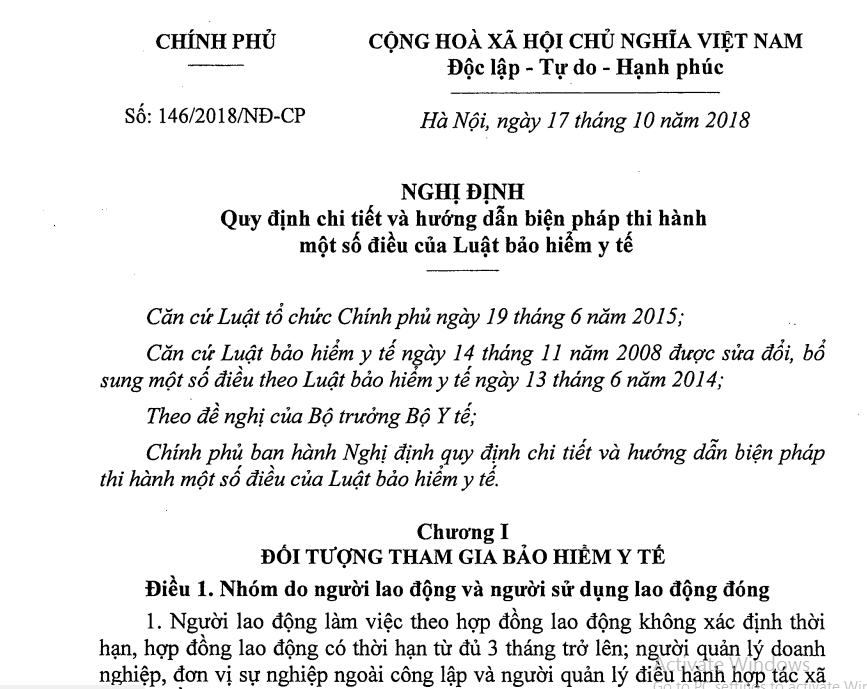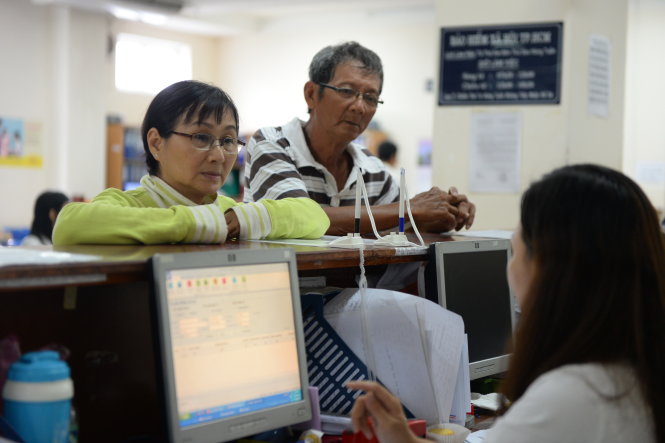Mandatory social insurance is a type of social insurance organized by the State that employees and employers must participate in, including: sickness; maternity; occupational accidents, occupational diseases; retirement and death gratuity.
Employees and Employers must contribute Social Insurance premiums as stipulated, and these contributions are calculated based on the employee's monthly salary.
Recently, the Government of Vietnam issued Decree 44/2017/ND-CP regulating the reduction of ½ the contribution rate to Social Insurance for Employers into the Labor Accident and Occupational Disease Insurance Fund starting from June 1, 2017. Specifically: The contribution rate into the Labor Accident and Occupational Disease Insurance Fund for employers will be reduced from 1% to 0.5% of the salary fund used as a basis for paying Social Insurance.
As such, the contribution rates and responsibilities for paying Social Insurance of Employees and Employers according to the new regulations are as follows:
| Contribution Content | Employer Contribution | Employee Contribution |
| Component Funds of Social Insurance | ||
| + Sickness and Maternity | 3% | - |
| + Labor Accident and Occupational Disease | 0.5% | - |
| + Retirement and Survivors' Benefits | 14% | 8% |
| Unemployment Insurance | 3% | 1.5% |
| Health Insurance | 1% | 1% |
| Trade Union Fees (if applicable) | 2% | - |
| Total | 23.5% | 10.5% |
 Article table of contents
Article table of contents
.jpg)








.Medium.png)
.Medium.png)
.Medium.png)
.Medium.png)
